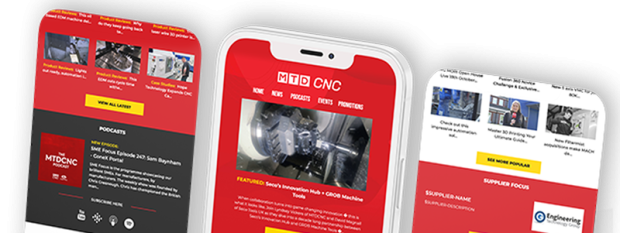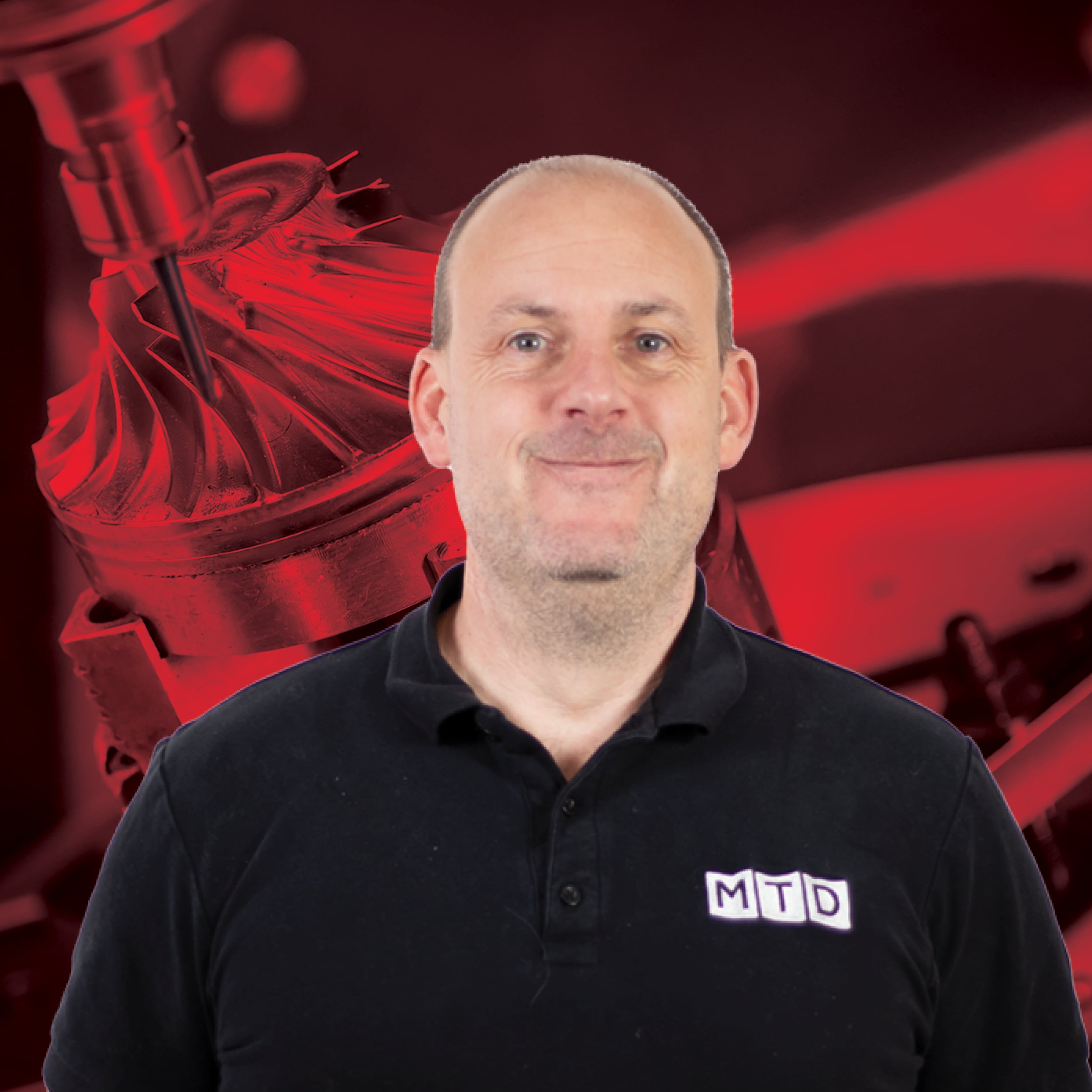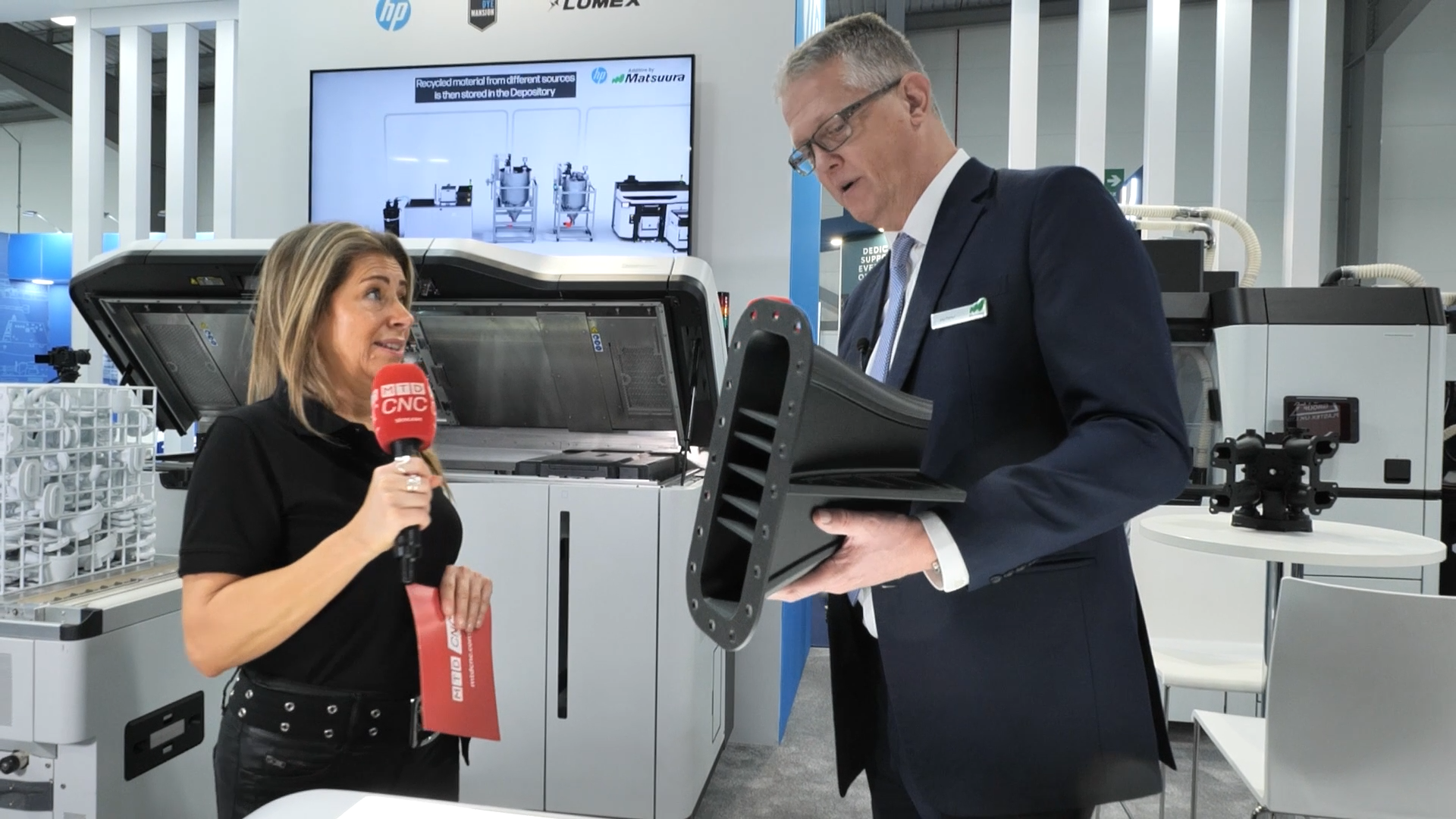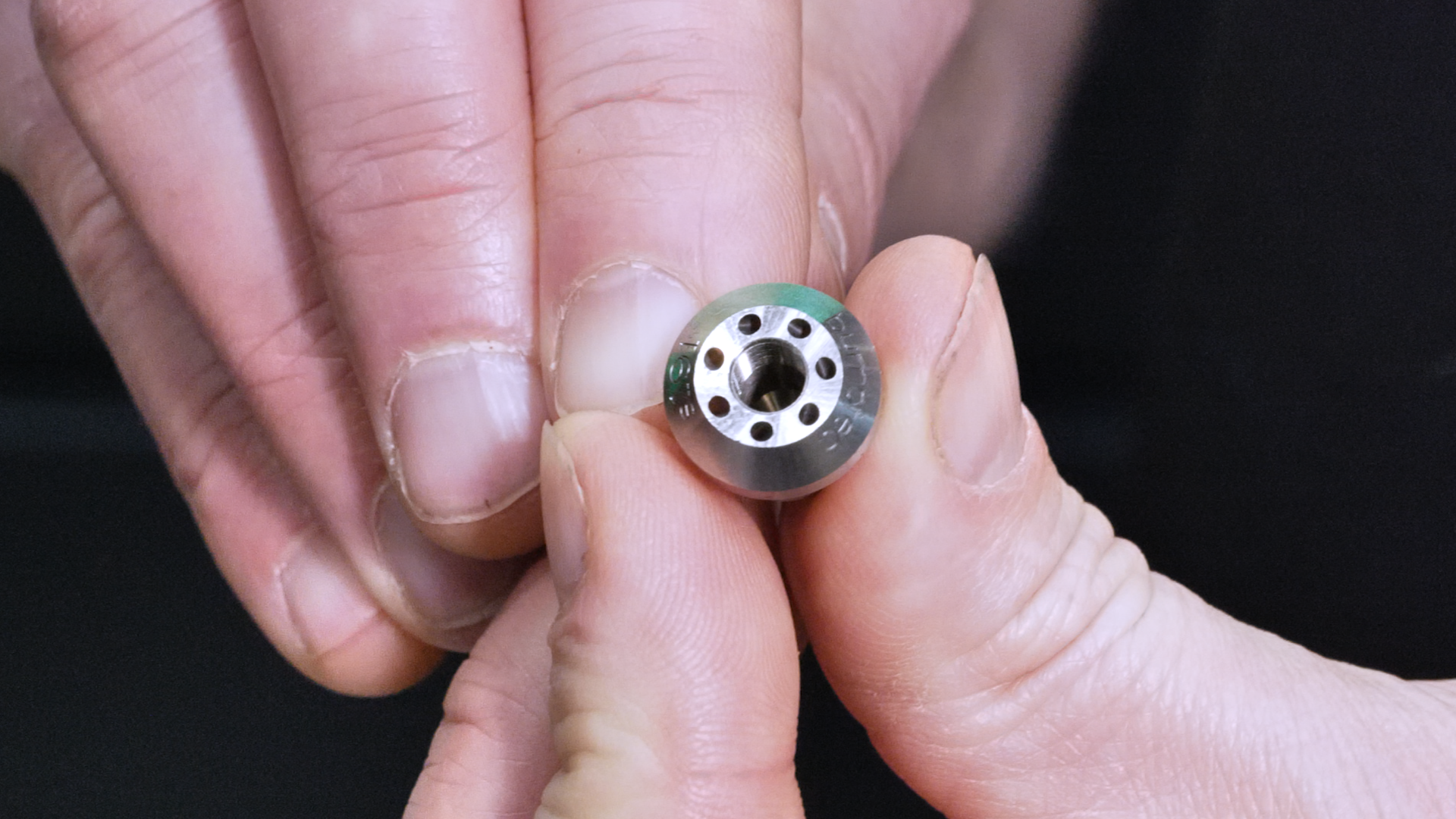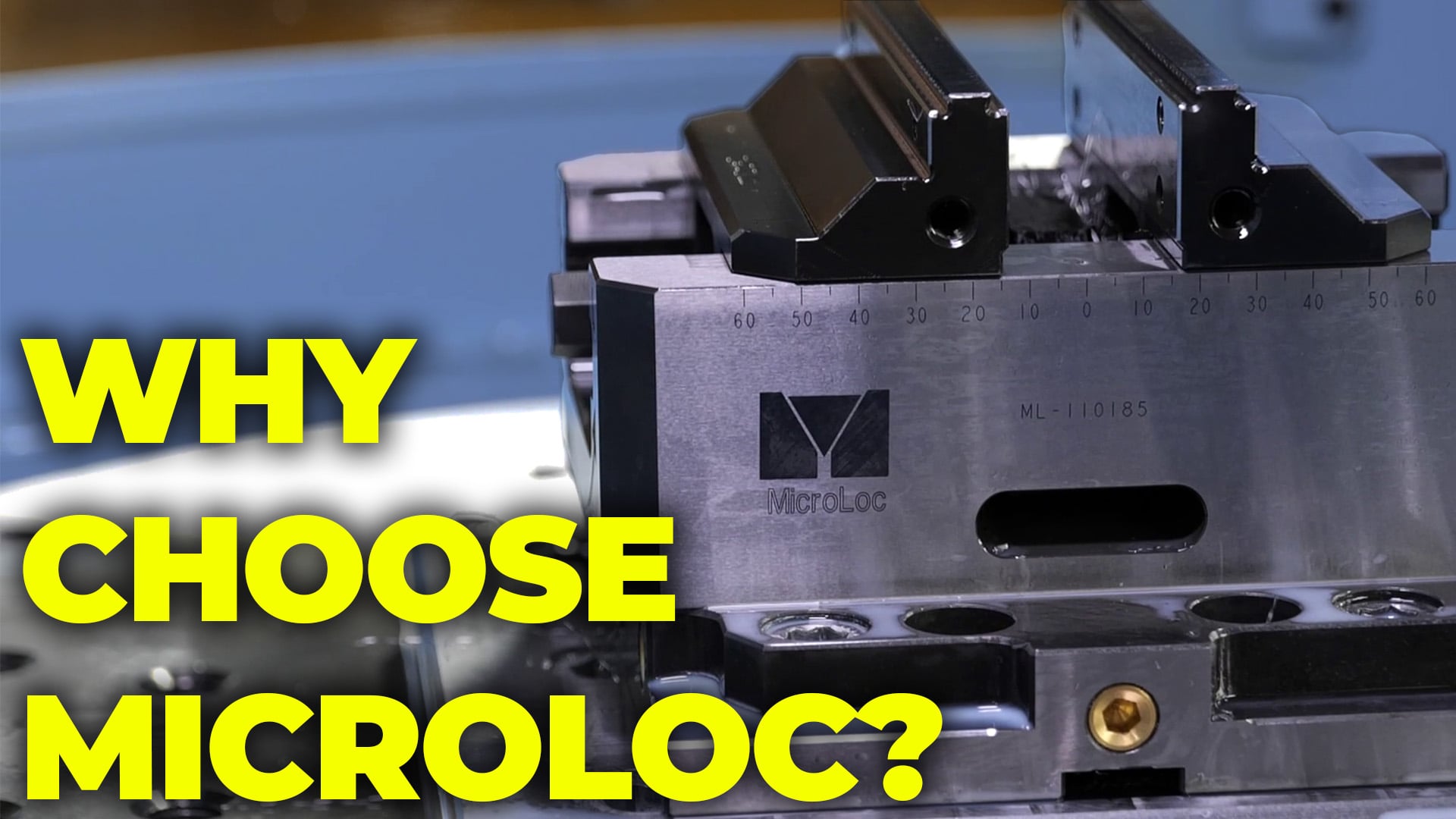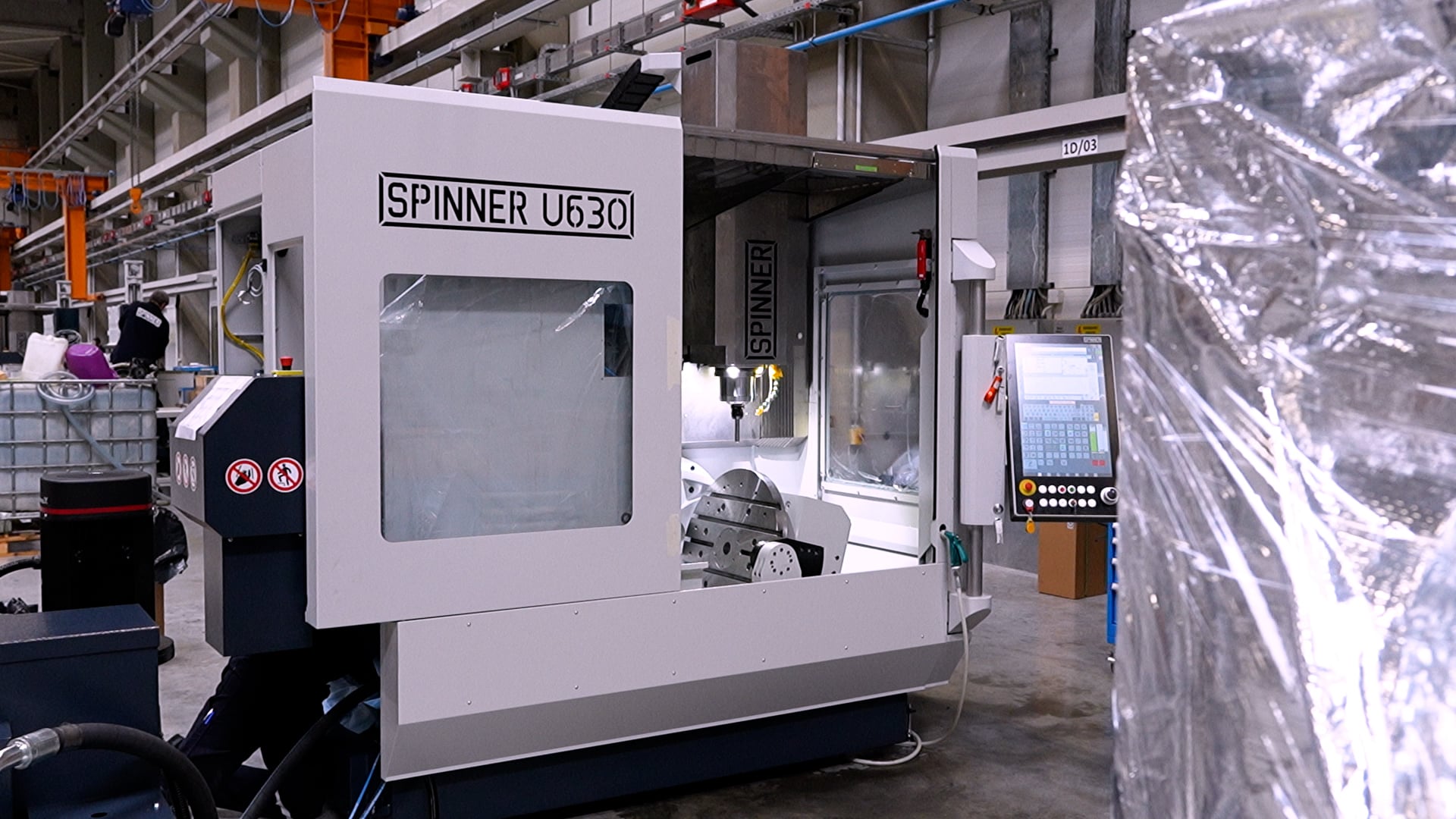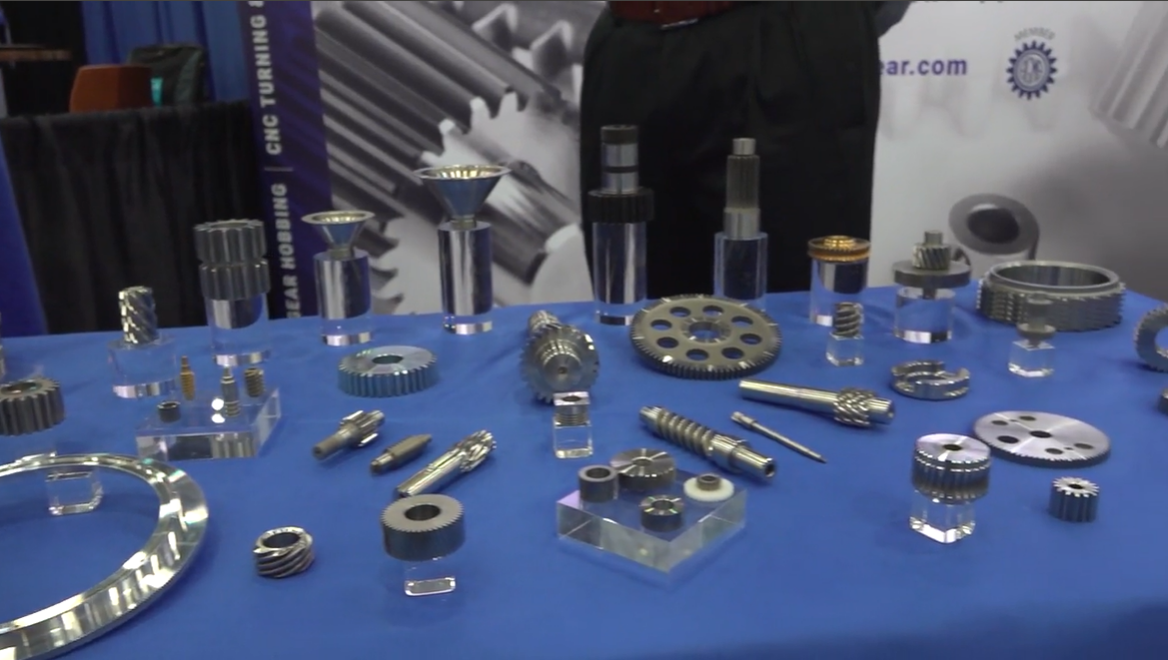
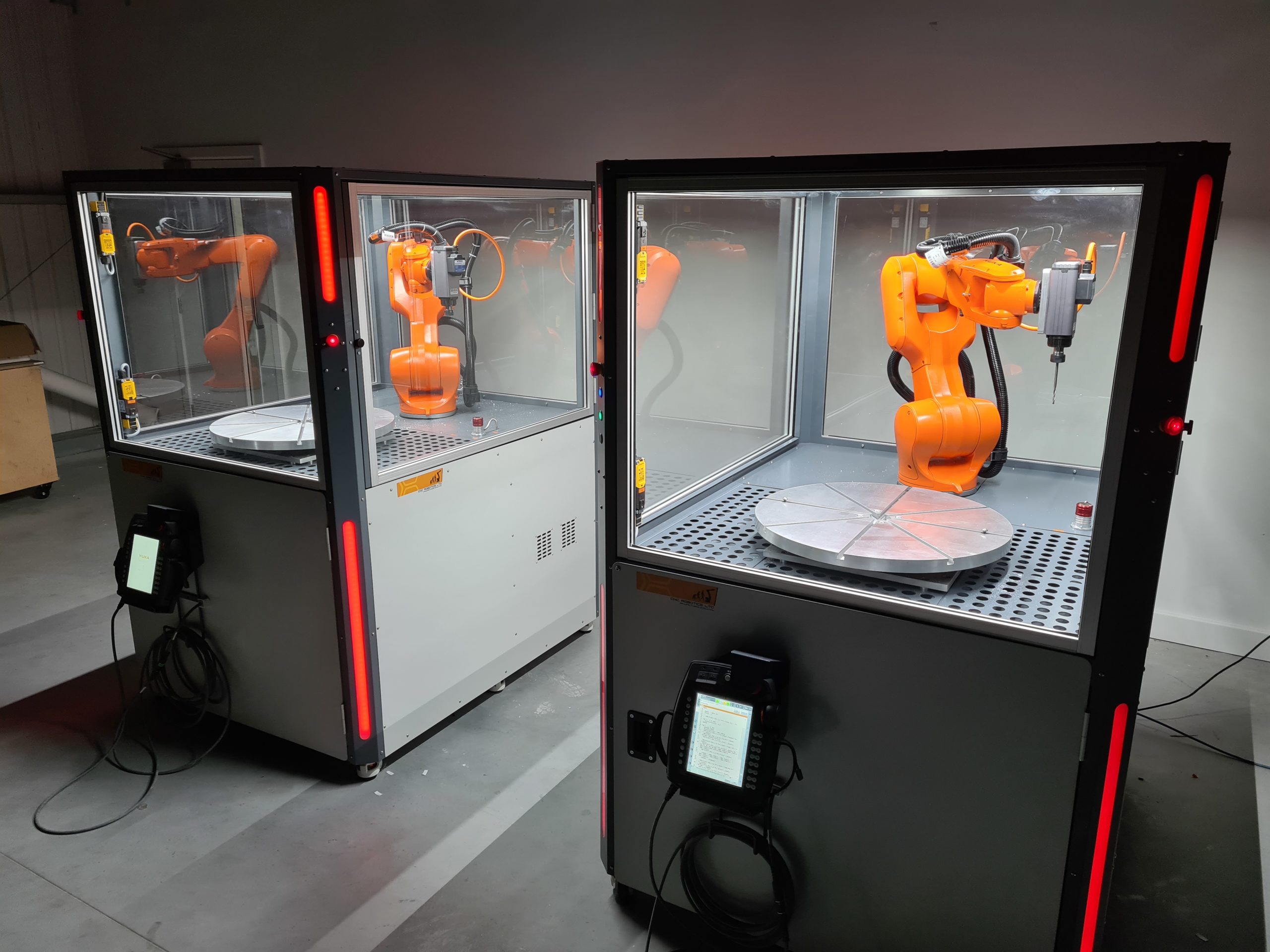
There are few more vocal champions of engineering and manufacturing supply chains than CNC Robotics’ Managing Director, Philippa Glover. In the second in our series on women in the frontline of advanced manufacturing, we catch up with her to talk robots, space exploration, machining, Catapults and James Bond. By John Yates

It is hard to believe that just six years ago the ebullient Philippa Glover had hit a career low. After almost two decades heading business-critical teams in global corporates – from senior R&D scientist roles through to managing operations, people, processes and strategy – in 2016 she suddenly found herself facing the threat of redundancy.
“It was a big shock to the system,” says the mother of two Philippa who is now Managing Director of CNC Robotics, who are pioneering the use of industrial robots as an alternative to traditional machine tools. “Redundancy puts a big dent in your confidence and makes you doubt your ability.”
Reflecting on that painful period today she says: “There’s been a huge amount of growing as a result of that negative experience, which I can use to support others. It was only after having my children and going through redundancy whilst on maternity leave that I started to recognise my true potential and the role I had to play. I didn’t set out to be an MD – I set out to make a difference.”
And what a difference. For Jason Barker, who founded CNC Robotics with his wife Madina in 2010, bringing Philippa into the team is transforming the business, enabling him to focus on what he loves the most and does the best – finding integrated robotic solutions for difficult machining and large format additive manufacturing operations.
“I don’t say it often enough, but she has been fundamental in driving the growth of the business and instrumental in the step changes that we have made. Without her we would still be in our old building, employing a handful of people with no strategic purpose. I’m a serial innovator, my passion is technology. Finding solutions is what gets me up in the morning,” says university-educated sculptor, Jason, who went from designing and building sets for stage and screen, to setting up CNC Robotics.
It was on the set of the James Bond movie, Tomorrow Never Dies, that Jason first conceived the idea of a robotics and machining match up. “We were asked to make fake hands for a scene involving a robot, which got me thinking about how I could put a spindle on the end effector and use it to carve the parts for the sets we were making, saving us time and money.”

When he put the idea to the robot’s handler on the set, he was told quite categorically that translating the data from the CAD/CAM world to the robot world is all but impossible. That was the only spur Jason needed: the next day he was the proud owner of a robot. “The guy was right, the challenge wasn’t the robot, it was the software and the simulation,” said Jason.
Around that time, Delcam – a world leader in advanced CAD CAM for manufacturing – were exploring software for robots and looking for partners. They found one in Jason and by 2008 Delcam had developed a marketable product with Jason in prime position to become their integrator: CNC Robotics was born.
Today they are a KUKA platinum partner, with customers ranging from defence and aerospace through to building super yachts and exploring space. “Within the robot world we have a niche role in terms of our skill set and expertise. We excel at integrating robotics machining and additive and are the go to people in the UK for advanced machining applications and solutions,” says Philippa, as we tour the firm’s new factory in Liverpool where the integrated robotics solutions are designed and manufactured.
The team is busy creating solutions for a client working with in the space sector. “It’s really exciting to be working with such a talented and disruptive start-ups and it says so much about CNC Robotics that they have selected us as a partner in this project,” says Philippa of a company that is challenging Elon Musk in the race to Mars.

Like CNC Robotics, the players in the space sector sees robotics, automation and additive as key to the future of advanced manufacturing. These cutting edge ‘factories of the future’ are using the fusion of 3D printing, artificial intelligence and autonomous robotics to create an autonomous, reconfigurable production process that will create rockets from raw material to finished product within 60 days.
Back here on planet earth, Philippa says: “There is a huge opportunity for large format additive, particularly in response to the supply chain and energy crises since it supports reshoring and reducing energy costs. Take casting for example. The lead time to cast a part compared with 3D printing is significant, so you can potentially have those parts on demand. Likewise, as more firms look to light weighting there will be a shift from metals to composites where robots sit really well.”
But she also acknowledges that, despite the big productivity gains offered by robotics and automation, UK manufacturers, with the exception of automotive, have been notoriously slow at grasping that opportunity. Germany, by contrast, which is the biggest adopter of robots in Europe has three times more than Italy, five times more than France and about ten times the UK stock.
“It’s hard to know why we are so far behind curve, but it almost feels systemic. One thing is for sure, there hasn’t been the financial backing to help manufacturers like us to research, design and build integrated robotics solutions. If we want to develop a new machine, it can be really difficult to get any support. If you want to write code, it’s happy days,” says Philippa who spent a year with Innovate UK’s Knowledge Transfer Network (KTN) before joining CNC Robotics, gaining an insider’s view of industrial policy and the public support infrastructure to help manufacturers boost productivity.

Today, she is a vocal advocate of small and medium sized firms on a variety of industry bodies dominated by major players like Siemens, BAE Systems, Rolls-Royce, Airbus and Jaguar Land Rover. In a recent meeting with the then Industry Minister, she challenged him about the complexity and confusion in the business support network, which disadvantages smaller and medium sized firms who cannot afford to employ staff solely dedicated to securing funding. He listened, took notice and promised to follow up on her challenge. It wasn’t always so easy and with the current political turmoil it won’t be moving forward.
“I remember one of the first meetings I went to where I was a lone voice speaking up for SMEs among a group of major OEMs. It can be quite intimidating, but my views and experiences were positively embraced and led to good debate and action. I have since learnt that as long as you are authentic and speak from experience your voice will be listened to. There is growing momentum and we need to encourage and support more people from smaller companies on these advisory boards to provide a much more rounded view of the challenges and opportunities the industry face to help shape the future,” said Philippa, who has seen the world from the perspective of both the OEM and the SME.
“I hadn’t really worked with smaller firms until I joined the KTN and was confronted by all these brilliant start-ups, scale ups, and innovative smaller businesses, who needed support in quick time. My network exploded during that year as I saw first-hand what it was like to be a smaller company trying to make it to the next level,” she added.
It was during her year with the KTN that she came across ‘the weird and wonderful creature’ that is the Catapult. At times supportive, but often difficult for SMEs to engage with.
Sitting on the Industrial Strategy Challenge Fund Made Smarter advisory board has enabled Philippa to better understand the wider, national funding landscape for manufacturing. With £147million of public money to be invested in industrial digitalisation technologies, such as robotics, artificial intelligence and additive manufacturing, Made Smarter is very close to the heart for CNC Robotics.

“I’ve asked some really challenging questions in those advisory groups and they listen and influence where they can. There are so many talented people working behind the scenes at organisations like Innovate UK who care about shaping a better future. However, as a nation it doesn’t take away from the fact that we fundamentally lack an industrial strategy that sets the vision for the future with manufacturing at its heart,” she said.
With a supportive peer network of trusted friends – northern and national business leaders who share her passion for UK manufacturing and innovation – Philippa no longer feels she is a lone voice. By cultivating a ‘growth mindset’ she understands that there are limitless possibilities not just for personal growth, but also for growth in advanced manufacturing.
“It’s amazing the talent we have here in the UK. Business leaders who really care about their people, who are incredible innovators. We just need to create the best climate in which they can grow.”


